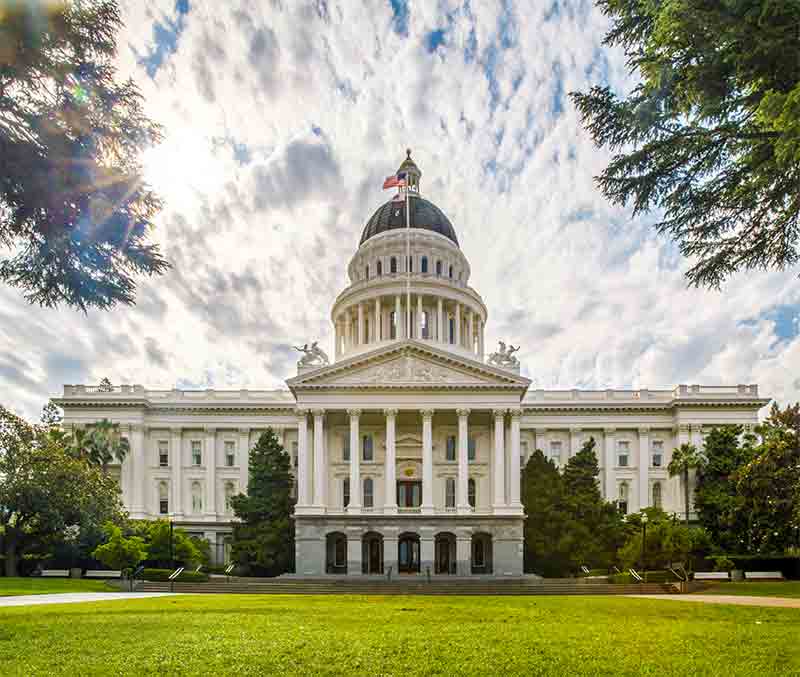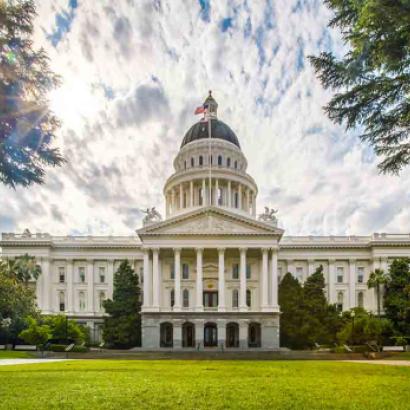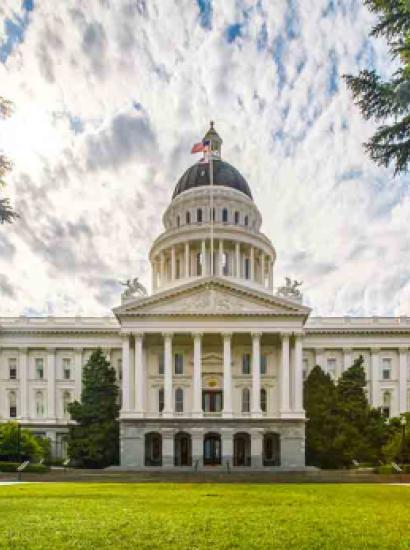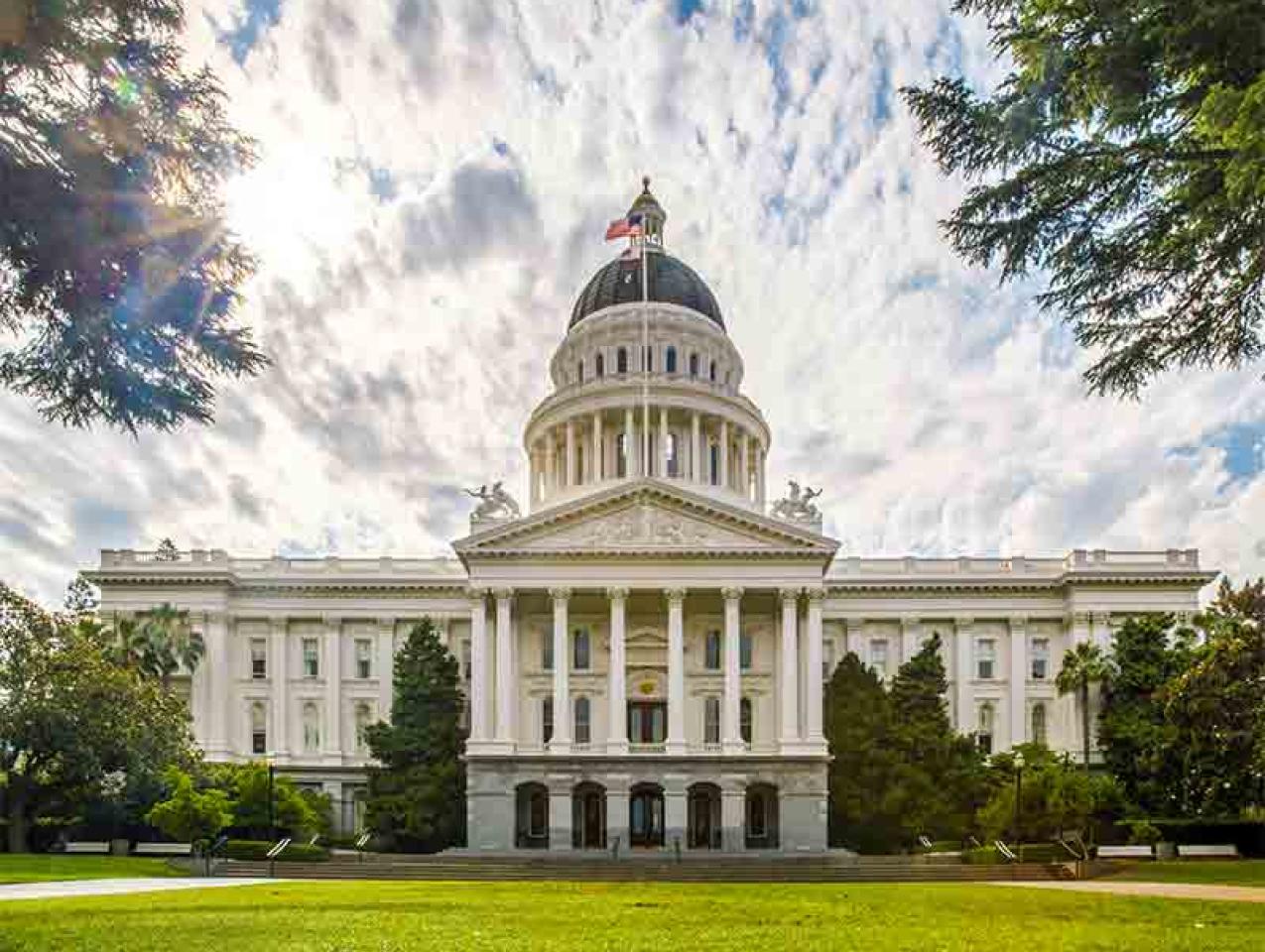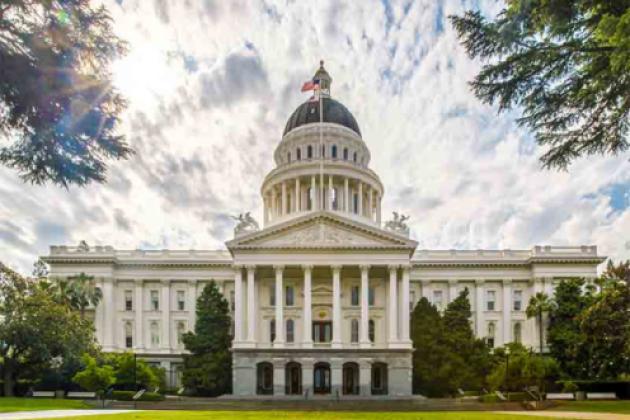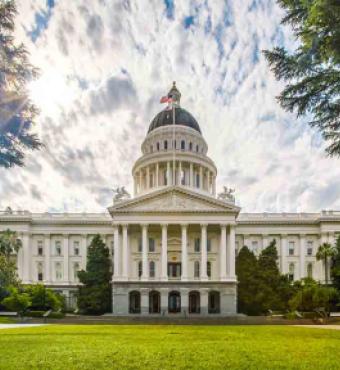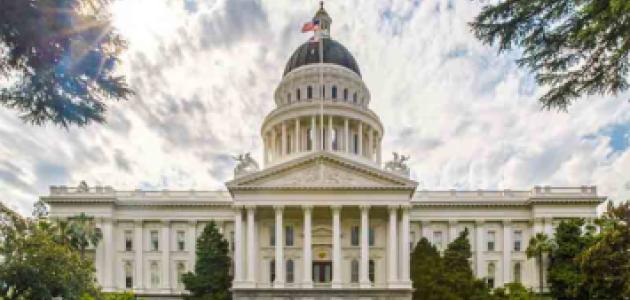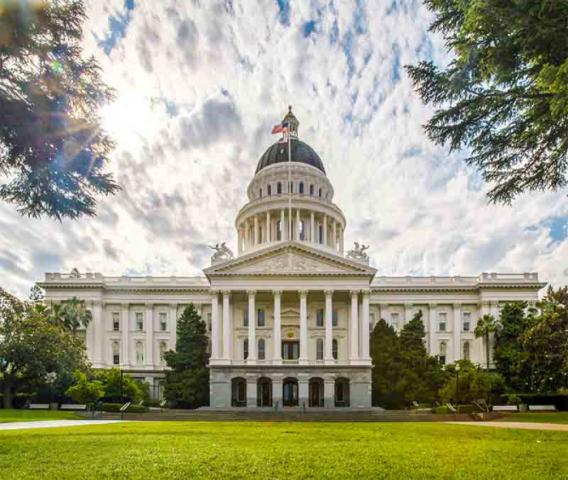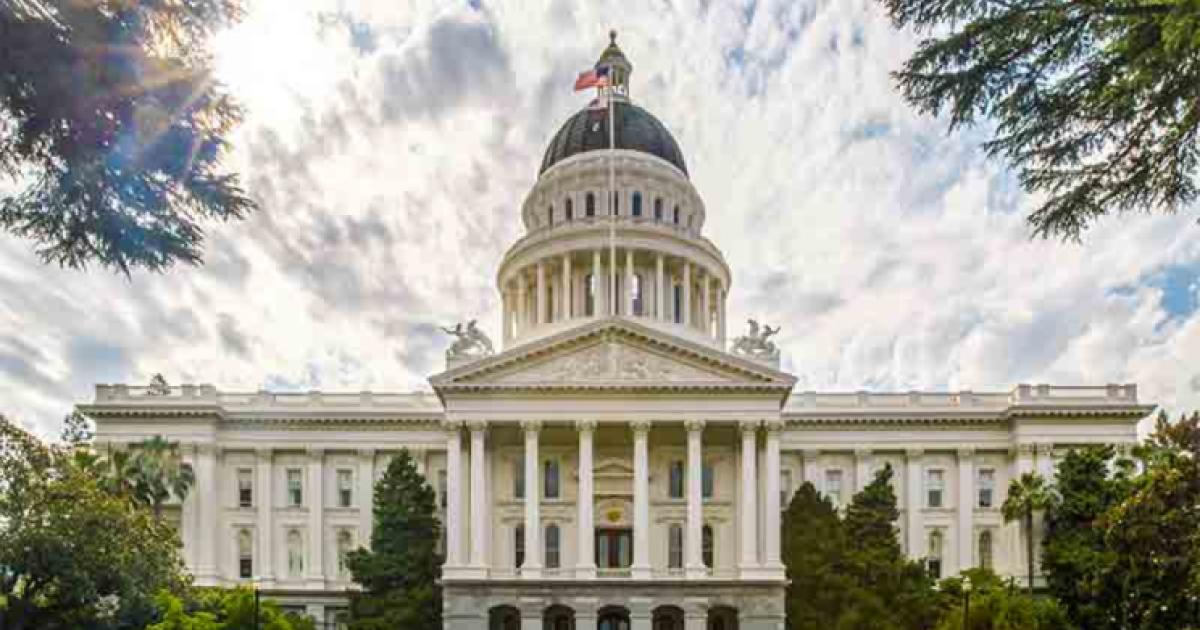- State & Local
- California
In the 2012 election, then president Barack Obama mocked his challenger’s concerns over Russia’s potential as a geopolitical menace with this debate zinger: “The 1980s are now calling to ask for their foreign policy back.”
My question: Whom do Californians call to ask for their 1990s brand of political leadership back?
At least, that was my first thought after learning of last week’s passing of former Los Angeles mayor Richard Riordan, who was first elected to that office thirty years ago this June.
The New York Times’ headline after that first win (Riordan would serve two terms as the city’s mayor, from 1993 to 2001) tells you what a different California it was back in the day: “Los Angeles Elects a Conservative as Mayor and Turns to a New Era.”
Riordan was, in fact, LA’s first Republican mayor since the mid-1950s (no Republican has since held the job). Moreover, he ran for office as a law-and-order outsider, as opposed to the current mayor of Los Angeles, Karen Bass, whose community-based political arc (state legislator, member of Congress, now mayor) dates back to the early years of this century.
The mayor’s two inaugural addresses underscore the change in Los Angeles politics. In 1993, Riordan delivered an inaugural address less than 700 words in length with this soundbite: “The success of a city can be measured by the safety and security that is provided to its citizens.” The current mayor’s inaugural address? A lengthier progressive boilerplate speech that advises: when in doubt, spend more on social services.
One way to look at Riordan’s legacy is that of a political domino who played a roundabout role in the biggest political story in California in the past twenty years—the October 2003 gubernatorial recall election that resulted in Arnold Schwarzenegger becoming the “governator” of the Golden State.
Riordan’s contribution: in 2002 and not long departed from the mayor’s office, he turned his attention to a statewide run against Gray Davis, the Democratic governor who would go on to lose to Schwarzenegger in the following year’s recall election.
Davis saw Riordan as a potential obstacle to a second term—wealthy, not all that conservative (despite what the Times printed years earlier), and well known in voter-rich Los Angeles County—so he did his best to kill the Republican’s campaign while still in its infancy. Davis invested almost $10 million in negative ads about Riordan, which contributed to Riordan falling short in the gubernatorial primary.
However, Davis’s tactical victory came at a price. The money spent tearing down Riordan wasn’t money spent building up the case for a second Davis term. While Davis did win that fall, it was with a lackluster 47.3 percent of the statewide vote, highlighting an unenthusiastic electorate easily swayed to toss him out of office the following year.
Another way to look at Riordan’s legacy: a style of leadership simply not on display at the highest level of Golden State politics these days.
As an attorney, investment banker, and entrepreneur (he owned LA’s landmark Gladstones and Original Pantry restaurants) who didn’t climb the political ladder, Riordan didn’t come to office beholden to a long list of special interests. Indeed, his time in office included frequent jousts with the city’s education establishment. (Riordan would help elect reformers to the city’s school board with student test scores subsequently rising—in Riordan’s view, his proudest accomplishment.)
One other difference between then and now: hands-on leadership. After his passing, a Riordan anecdote frequently retold was the mayor hearing downtown business owners’ complaints about “No Parking” signs driving away customers. Riordan’s solution: dispatching an aide to tear down the signs. (“Needless to say, I promoted him,” Riordan later recalled. “And we came up with an axiom: that in government, it is much easier to ask for forgiveness than to get permission.”) By contrast, many a problem in Los Angeles is prefaced by the adjective “chronic”—as in, a matter passed from one mayor to another.
Seventeen months ago, I authored this Washington Post column suggesting that Los Angeles might be in for a historical repeat in its upcoming mayoral election: a non-politician, as was Richard Riordan in 1993, challenging the city’s elected officials along the same lines as in that past election (business-friendly, tough on crime, and not a cog in the political machine).
Indeed, such a candidate did emerge: businessman Rick Caruso.
However, Caruso didn’t quite emulate the Riordan model. For openers, he re-registered as a Democrat shortly before entering the race. As the election proceeded, Caruso struggled with authenticity. For example, soon after Roe v. Wade was overturned, a once pro-life Caruso tweeted that he was “heartbroken and outraged” by the Supreme Court’s decision.
Authenticity wasn’t a challenge for Riordan—nor conformity, for that matter. He didn’t hesitate in donning Spandex shorts while leading community bike rides (not always a good look for a politician, much less an adult male). He once confessed that his first marriage failed due to “too many martinis which led to flirtations at the bar.”
One final note on this Californian’s 1990s nostalgia: three decades ago, the three most intriguing politicians in California were the newly elected Richard Riordan, Democratic senator Dianne Feinstein (in her first year as the Golden State’s senior senator), and Republican governor Pete Wilson (for whom I once served as chief speechwriter), a year away from an uphill reelection campaign. (California, at the time, was struggling through its worst economy since the Great Depression and an end-of-the-Cold War “peace dividend” that wiped out more than one-third of the state’s aerospace jobs.)
What Riordan, Feinstein, and Wilson shared was the sort of nonconformity unacceptable in today’s America and its two political parties beholden to their extremist bases.
Riordan was described as “pro-choice, pro-LGBT rights, supporting same-sex marriage years before it was acceptable, and doing it as a conservative voice.”
Wilson, while a stern voice on border security and welfare reform, much to the delight of his party’s right wing, was also defiantly pro-choice and not afraid to spend money on child-development, traditionally the province of the left.
As for Feinstein, she’s the only one of the three still in office (both she and Wilson turn 90 this summer) despite repeated calls for her to resign from the Senate given her recent health struggles. She owed her rise to statewide prominence in part to her willingness to defend capital punishment in front of party activists, plus a centrist reputation that’s drawn the wrath of progressive activists.
Let’s leave it to historians, economists, and culturologists to debate the better society: 1990s California or its 2020s counterpart.
Which had the stronger, more nuanced political leadership?
That’s hardly debatable.







